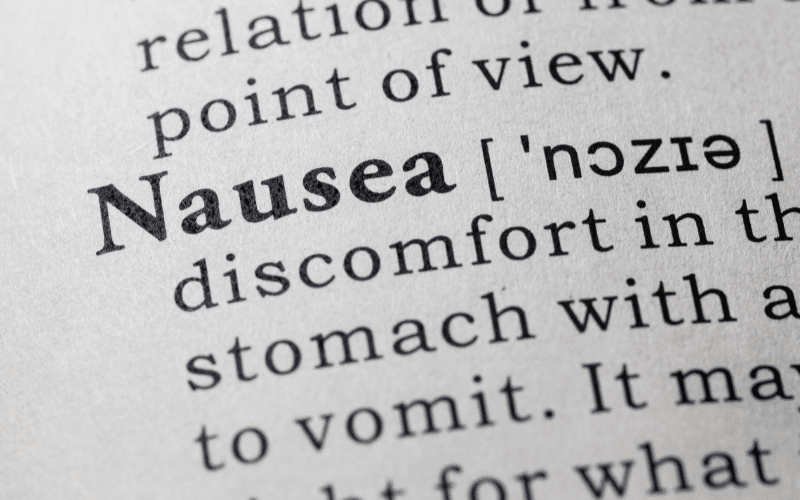Symptom 5: Nausea or Loss of Appetite: The Digestive Connection to a Heart Attack

Though not as commonly recognized, nausea or loss of appetite could be a warning sign of an impending heart attack. Imagine sitting down for a meal, your favorite dish in front of you, but the sight or smell of food induces a wave of nausea or even provokes vomiting.
Nausea associated with heart disease is often unexplained. It does not correlate with food intake, the type of food consumed, or other common causes of nausea such as medication side effects or viral infections. It might occur independently, or it could be accompanied by a general feeling of unease or malaise, adding to the individual’s discomfort.
The loss of appetite might manifest as a sudden aversion to food. Even the thought of eating could be unappealing, a significant change for individuals who previously enjoyed meals. This symptom could lead to a reduced food intake, and over time, might even result in unintentional weight loss.
Interestingly, the nausea and loss of appetite might worsen with the onset of chest pain or discomfort. In such cases, the individual might notice an interplay between these symptoms – the chest discomfort might trigger nausea, or the nausea might precede the chest discomfort. This complex interplay further complicates the identification of these symptoms as potential indicators of heart disease.
The inexplicable onset of these symptoms, their persistence, and the possible correlation with other symptoms of heart disease underscores their significance. While they might be dismissed as digestive ailments or side effects of medication, it’s essential to recognize them as potential signs of a more serious underlying condition – a heart attack. (5)